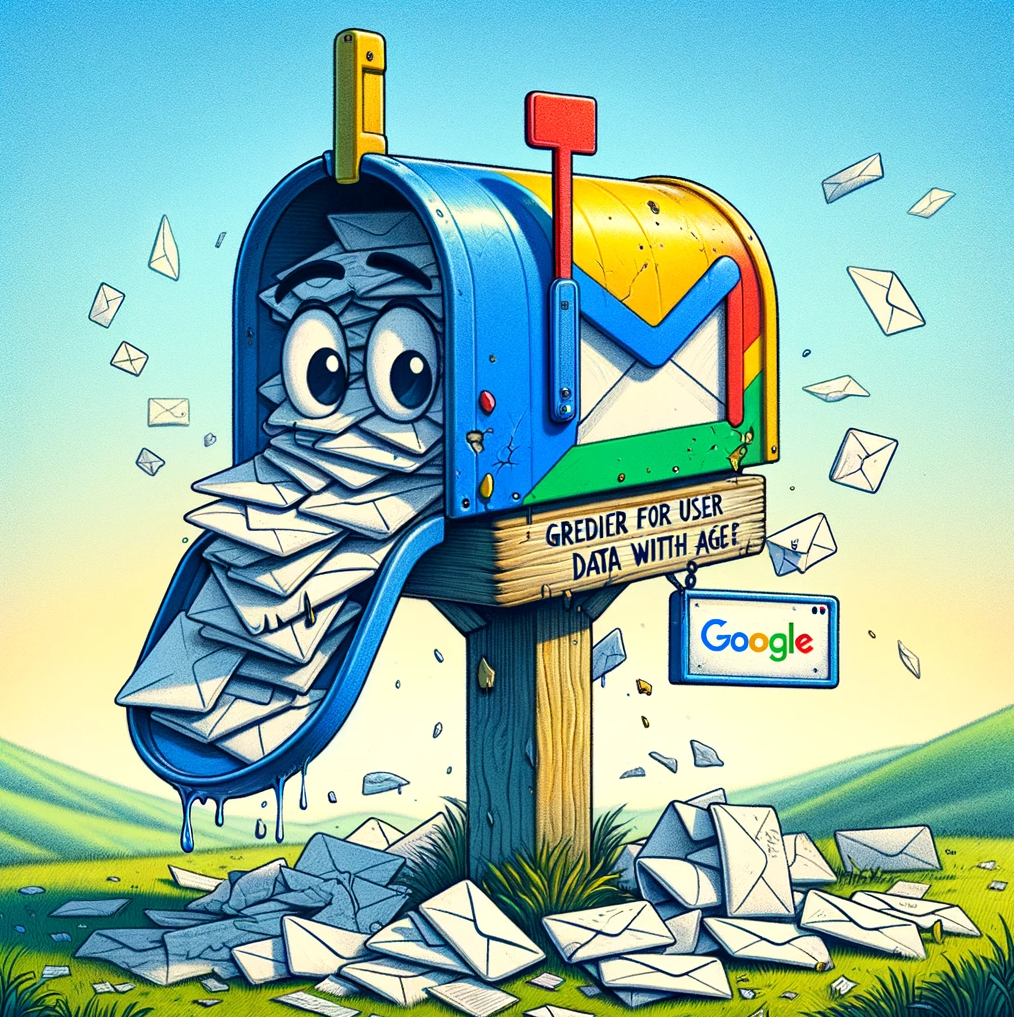20 years ago Gmail revolutionized email. It’s time for a new revolution!

🌈 Abstract
The article discusses the history and impact of Gmail, the world's most popular email platform, and the emergence of Tuta Mail as a privacy-focused alternative.
🙋 Q&A
[01] The Rise of Gmail
1. What was the initial reaction to the launch of Gmail in 2004?
- The release of Gmail in 2004 was initially met with disbelief, as it offered 1 gigabyte of free storage per account, which was unheard of at the time when other providers offered only 30-60 emails worth of storage.
- Gmail revolutionized email features by introducing a search function and automatic email threading, which allowed users to conveniently manage their emails.
2. How did Gmail's launch impact the email industry?
- The launch of Gmail in 2004 changed and shocked the email industry forever, as it became the most popular email provider globally.
- Gmail's success was a perfect addition to Google's search engine, and it was followed by the release of other Google products like Maps and Docs, leading to the growth of Google's empire of tools.
3. What is the current scale of Gmail's user base?
- 20 years later, Gmail has an estimated 1.8 billion active accounts, making it the most popular email provider globally.
[02] The Concerns with Google's Practices
1. What are the ethical concerns regarding Google's practices?
- While Google has achieved many impressive products and services, the company has been criticized for its lack of ethical conduct and prioritization of user privacy.
- Google's original "Don't be evil" motto was replaced with "Do the right thing" when the company restructured to Alphabet in 2015, indicating a shift in its priorities.
- Google's business model is based on selling user data, and the company has been accused of creating a "privacy illusion" while engaging in extensive data mining and tracking of its users.
2. How does Google's free products exploit users?
- By using Google's free products, users become the product, as the company's love for user data is greater than ever.
- Google's ability to offer free, feature-rich services is enabled by its surveillance and monetization of user data, which is a major concern for user privacy.
[03] The Rise of Tuta Mail
1. What is the background and mission of Tuta Mail?
- Tuta Mail (previously Tutanota) was launched in 2014 by a small but motivated team, with the goal of creating the most secure email and calendar service to protect user data and privacy.
- Tuta Mail has now reached 10 million users worldwide and has expanded its team to around 30 employees.
- Tuta's mission is to set the gold standard for email by prioritizing privacy and security, in contrast to the unethical practices of companies like Google.
2. How does Tuta Mail differentiate itself from Gmail?
- While Gmail may offer more features and free storage, Tuta Mail prioritizes user privacy, with no ads, no tracking, and end-to-end encryption by default.
- Tuta Mail has also recently launched a post-quantum encryption protocol, further enhancing the security of its email service.
- Tuta Mail's commitment to user privacy is a core part of its DNA, and the company does not put profits first, unlike Google.
3. What are the advantages of using Tuta Mail over Gmail?
- Tuta Mail offers a privacy-focused alternative to Gmail, with features like end-to-end encryption, no ads, and no tracking, ensuring that user data is protected.
- Tuta Mail's mission is to create a better web where privacy is the default, in contrast to the data-driven business model of companies like Google.
- By using Tuta Mail, users can support the fight for a more privacy-conscious internet and protect their right to privacy.
Shared by Daniel Chen ·
© 2024 NewMotor Inc.